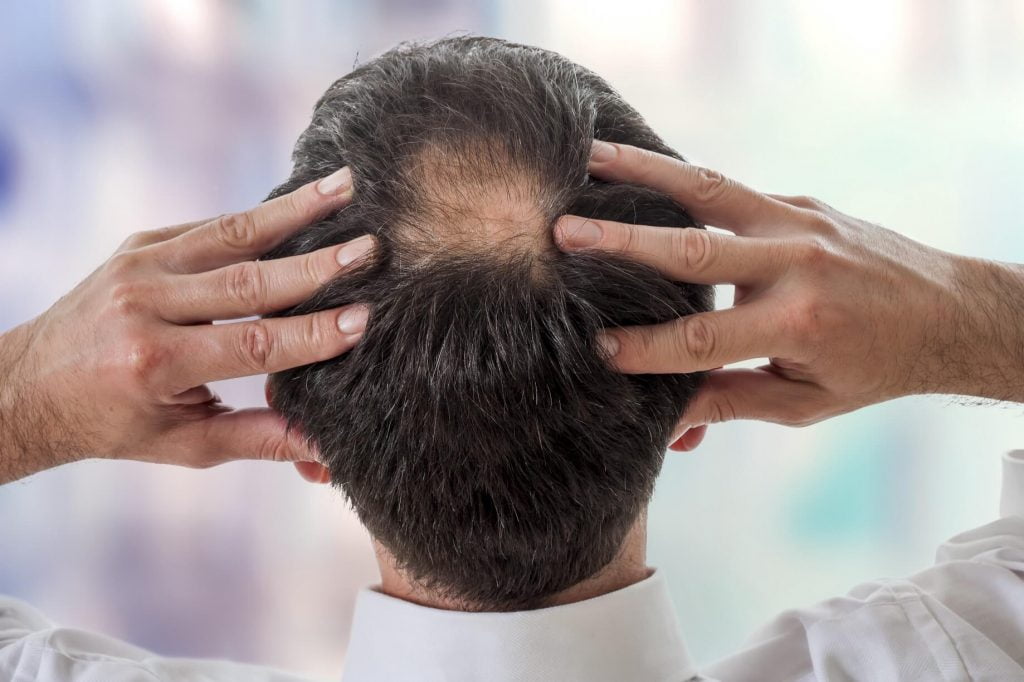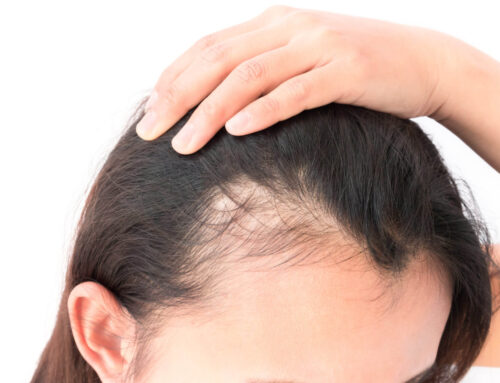Can hair transplant cause a nerve injury?
As all surgery, there is always a risk of complications and nevre injury. But this rate is quite low. After the operation, some numbness and tingling may be seen. And this is an expected natural result. Numbness and tinling are generally short-time and temporary. In very rare situations, this period may be prolonged and it may never heal completely. There may even be some numbness.
- Nerve Damage: During the procedure, small incisions are made in the scalp to transplant hair follicles. This process might inadvertently damage minor nerves in the scalp, leading to issues like numbness or tingling sensations.
- Temporary Symptoms: In most cases, if nerve damage occurs, the symptoms are temporary. Nerves gradually heal and the sensations return over a period of few weeks to a couple of months.
- Skilled Surgeon: The risk of nerve damage can be greatly reduced by choosing a skilled and experienced surgeon. An expert will know how to avoid significant nerves in the scalp to prevent potential injuries.
- Sensory Nerves: The nerves potentially affected are generally sensory nerves, which means that the damage usually manifests as altered sensations rather than muscle weakness or paralysis.
- Consultation: If you suspect that you have experienced nerve damage following a hair transplant, it is essential to consult with your surgeon or a healthcare provider for guidance and potential treatment.
- Preventive Measures: To prevent nerve injuries, surgeons generally use techniques that minimize trauma to the scalp, such as making smaller incisions and using finer instruments.
Remember, while the risk is present, nerve injuries are not a common complication of hair transplant surgeries. It is always best to discuss any concerns with your healthcare provider before the procedure.
Does hair transplant cause a nerve injury?
Scalp consist of little nerve tissue. It closes to the surface. Nerve system can be damaged due to small holes opened during hair transplant. And this may be caused partly numbness in the scalp. This is a small risk. It is unlikely to happen.
What complications can occur with a hair transplant?
As with any operation, complications can also occur with hair transplantation – but in general the procedure is very low-risk. After the procedure, patients usually notice crusting, redness and sensory disturbances in the transplanted areas. Punctures that are too deep into the skin can also lead to bleeding, which is noticeable as severe swelling on the head. This can be particularly uncomfortable on the eyelids. All of these symptoms are normal and usually go away on their own within a few days to weeks.
Apart from the strip extraction in the FUT method, there are usually no visible scars. You also don’t have to worry about your body rejecting the transplants, since they come from your own skin. In rare cases, wound healing disorders, infections or intolerance to the anesthetic can occur. You can reduce the risk of such complications by finding a professional doctor with a lot of experience in this area and by following their instructions carefully.
Donor area nerve damage
In the are where hair follicle are taken may also occur a nevre injury . And this is also very unlikely situation. Nerves probably will be regenerated within a month. It will return to full functionality within a few months. During this time, mild itching, redness may be occured.
How we can minimize the risk of nerve damage?
At the basis of these risks leads the hair transplant team. The quality and experience of the team clear off the risks. When you also make a choice, you need to work with a team which proved itself. Thereafter, these risks will be decreased automatically.
Prolonged nerve damage
In very rare cases , after hair transplant , the numbness may continue around 5-6 days. We call this prolonged nerve damage. You must absolutely inform your doctor and you must take mesures. Some additional treatments may be needed.
The most reliable hair transplant
We perform surgery using the FUE hair transplant method. Most often the preferred method in the world and Turkey. Provides faster wound healing and less scar compared to the FUT method. The rate of nevre injury is lower in hair transplant by using the FUE method.
The importance of care after hair transplant
The care process performed after hair transplant affects the quality of hair transplant. The lotion and shampoo given after the hair transplant must bu used. When using it, it should be applied as you were taught. Thanks to the care after hair transplant, the hair follicles will be more vibrant. Scars will heal faster.
Time of Hair growth
A month after a hair transplant passes with the loss of the transplanted hair. This is an expected natural result. After this period, new hairs start to grow in place of the shed hair. This period is almost 4-5 months. After this period, either grow your hair or have it cut. The decision is yours….
https://www.instagram.com/ztyhealth/
Creation: 09.11.2020 Last Update: 18.09.2023





Leave A Comment